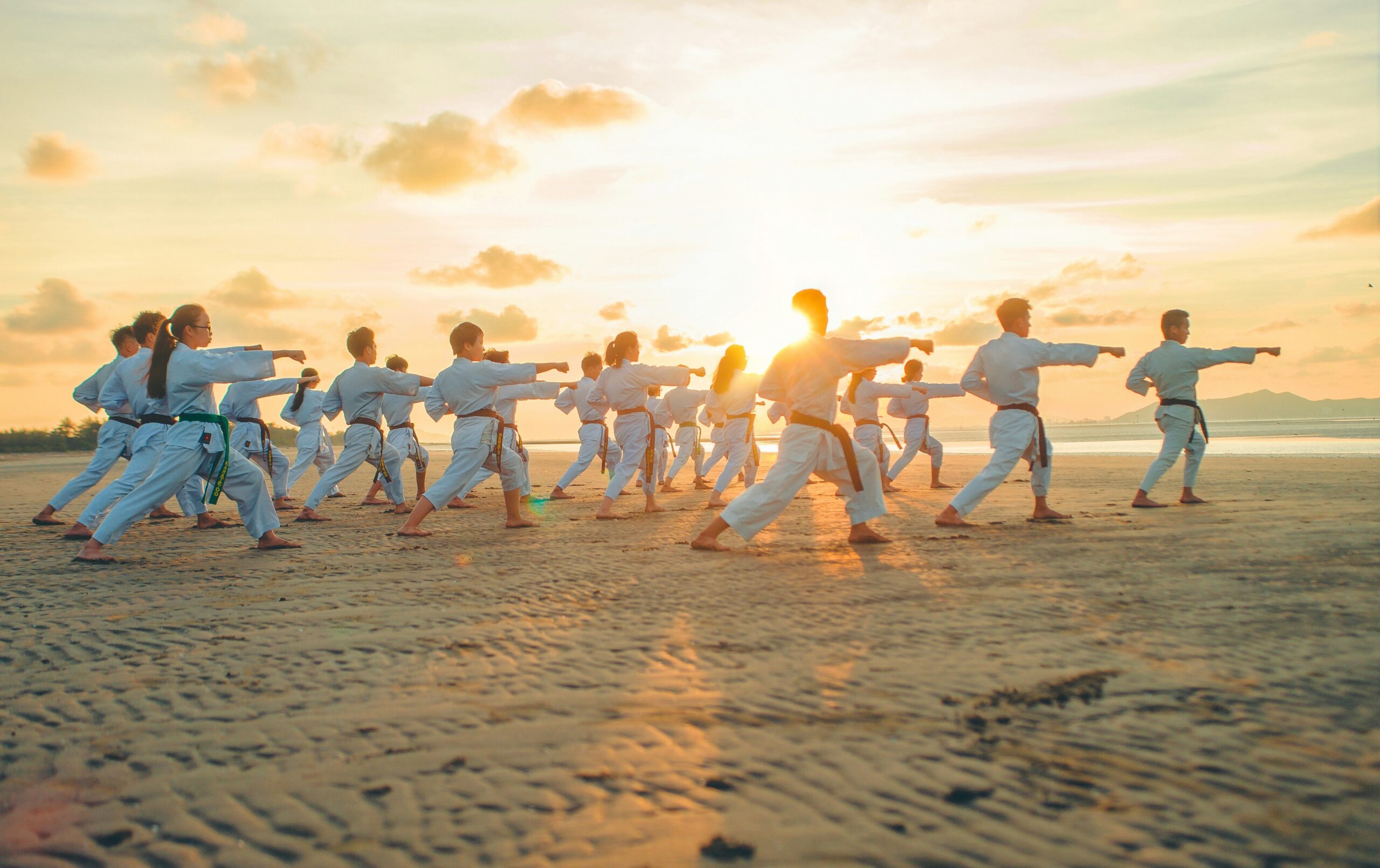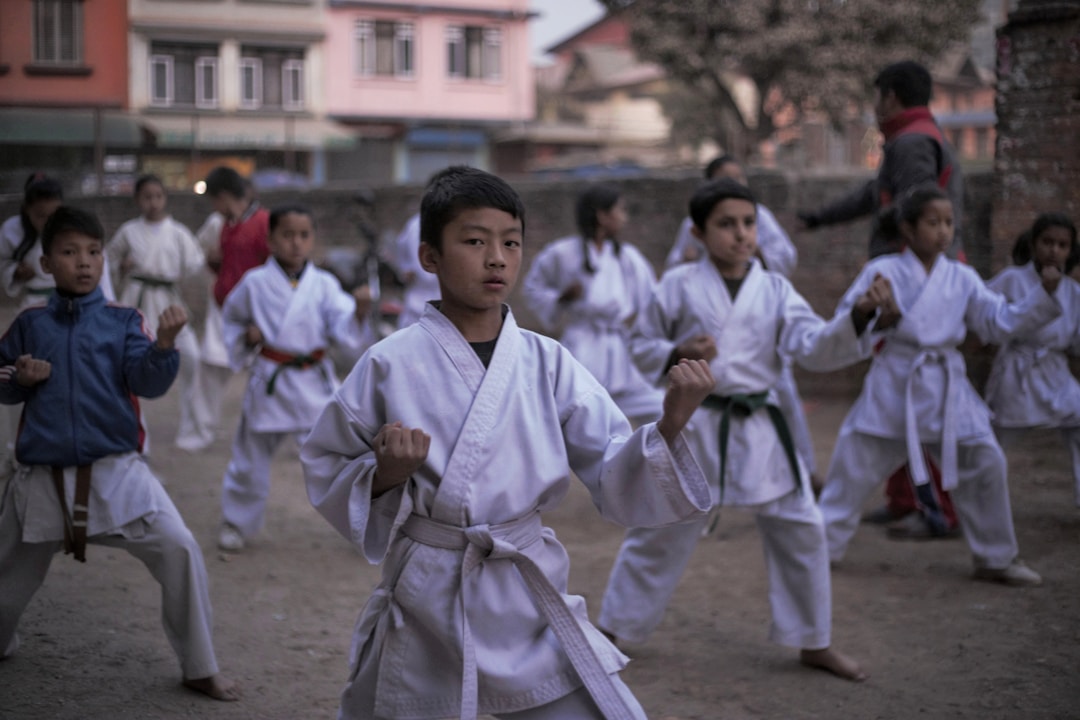
Top Reasons for Your Child To Learn Martial Arts
Enrolling your child in martial arts classes goes beyond learning how to throw a punch or execute a kick. It’s an investment in their physical, mental, and social development that yields lifelong benefits. Whether your child is seeking an engaging way to stay fit, improve self-discipline, or gain the confidence to stand up against bullies, martial arts offers a structured environment that fosters growth in all these areas. Below, we explore the multifaceted advantages of martial arts training for children. Keep reading to uncover how these ancient practices can equip your child for the challenges of both the playground and life.
Martial Arts as a Tool for Bullying Prevention and Self-Defense

Martial arts give children the tools to protect themselves while teaching that self-defense is only for last-resort situations. Instead of encouraging aggression, it builds confidence, awareness, and responsibility in handling conflict.
At South Lake Karate Academy, kids also learn to set boundaries, stay aware of their surroundings, and approach challenges with courage. These skills not only help deter bullies but also empower children to safeguard their well-being and personal growth.
The Impact of Martial Arts on Physical Fitness and Coordination
Martial arts provide children with a wide range of physical benefits, including improved cardiovascular health, muscle strength, and flexibility. The diverse movements help develop motor skills and body awareness, creating a solid foundation for success in sports and physical activities.
Practices such as karate, judo, and taekwondo also require precise coordination, with repeated techniques sharpening balance, timing, and movement control. Training builds endurance and stamina, teaching children to push past fatigue and mental barriers while fostering persistence and discipline. It also supports better posture and alignment, countering sedentary habits, while encouraging an active lifestyle that reduces the risk of obesity and related health issues.
Enhancing Self-Discipline and Respect Through Martial Arts Training
Martial arts go beyond physical training by instilling self-discipline and respect from the very beginning. Children are taught to listen, follow instructions, and value their instructors, peers, and practice space. This structured environment helps them understand the importance of discipline in reaching goals while reinforcing respectful behavior that extends into everyday interactions.
Through consistent practice, they develop patience, persistence, and an appreciation for hard work, learning to set and achieve realistic goals. The discipline gained also enhances focus and concentration, skills that benefit their academic performance and personal responsibilities. Lessons from martial arts practice provide children with valuable tools that support growth both inside and outside the training space.
Boosting Confidence and Self-Esteem with Martial Arts Achievement

Martial arts help children build confidence and self-esteem by rewarding progress through mastered moves and earned belts. Each achievement strengthens their belief in their abilities, while encouragement from instructors and recognition in ceremonies validate their efforts. The structured and supportive environment allows children to test boundaries, learn through trial and error, and develop resilience without fear of major setbacks.
This process fosters a mindset that embraces challenges, making children more willing to step outside their comfort zones. As their confidence grows, they become more open to exploring new activities and facing situations that once felt overwhelming, shaping a stronger and more self-assured personality.
The Role of Martial Arts in Promoting Social Skills and Teamwork
Martial arts classes create a strong social setting where children interact with peers and build meaningful connections. The group structure encourages students to work together, exchange knowledge, and support one another’s progress. Training often involves pairing up for drills or sparring, promoting teamwork, trust, and cooperation.
These experiences help children develop empathy and an appreciation for different perspectives. Martial arts also serve as an alternative for those who may not thrive in traditional team sports, offering a less competitive yet equally social environment. Participation allows children to join a community with shared goals and interests, fostering a sense of belonging that contributes to healthy social development.
Overall, the benefits of martial arts for children extend well beyond physical prowess. It molds them into well-rounded individuals with improved fitness, self-discipline, confidence, ability to defend themselves, and social skills. Embedding these qualities early on ensures that children grow up with the tools necessary to navigate life’s challenges with grace and strength.


